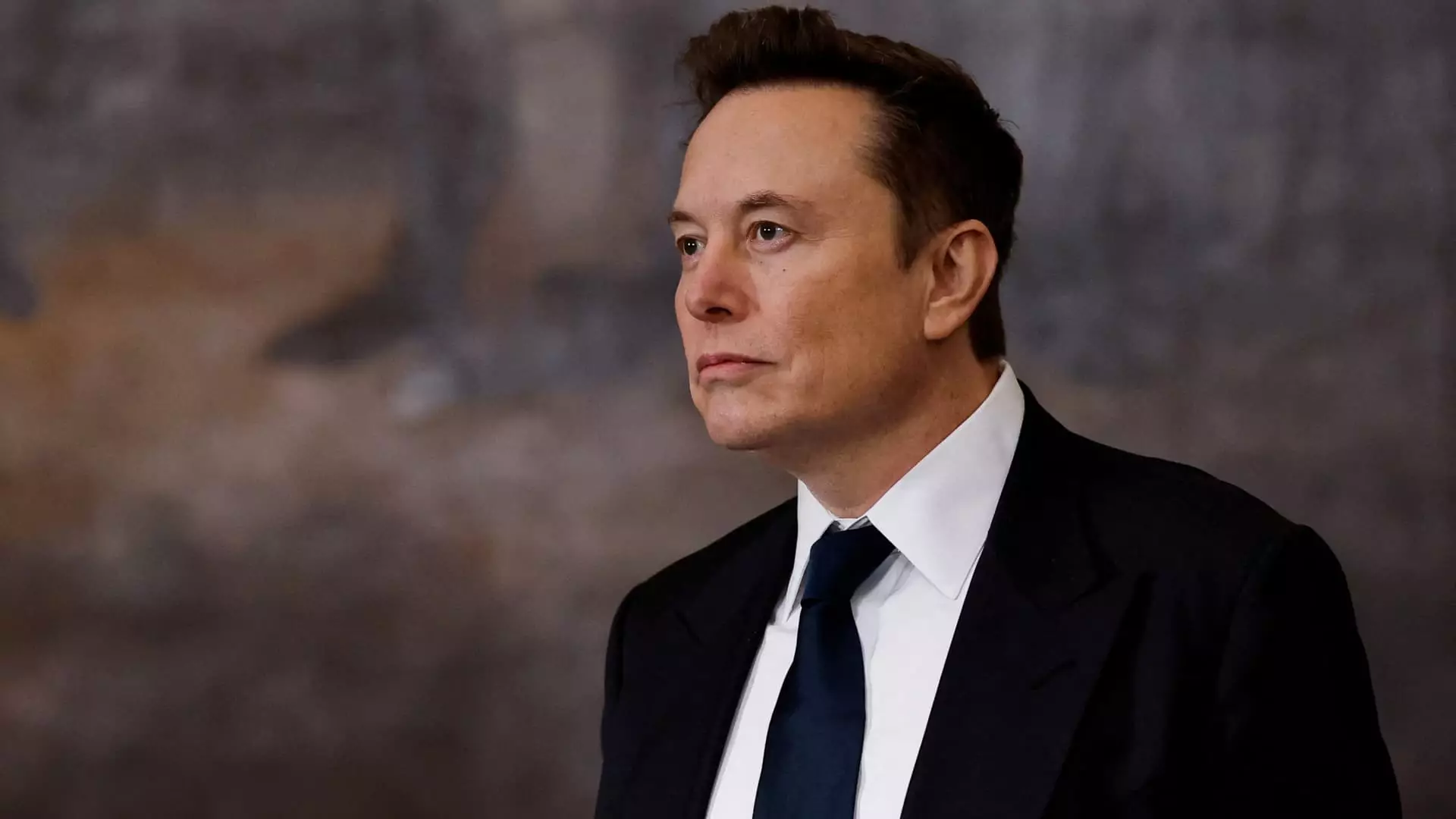In a landscape of evolving governance intersecting with corporate influence, Elon Musk’s involvement in U.S. federal operations is raising eyebrows across the political spectrum. Recently, a federal judge’s ruling, which allows Musk’s newly established government cost-cutting department unfettered access to the Department of Labor’s systems, has ignited fierce debates within labor unions and advocacy groups. This pivotal decision, made by U.S. District Judge John Bates, marks a significant milestone in ongoing legal skirmishes between powerful corporate interests and the unions designed to protect federal workers.
The American Federation of Labor and Congress of Industrial Organizations (AFL-CIO), representing a substantial number of government employees, has launched a formal lawsuit against the Labor Department. They allege that Musk’s access could compromise sensitive information related to ongoing investigations into his companies, including Tesla and SpaceX. Judge Bates acknowledged concerns surrounding the situation but determined that the union had not adequately demonstrated harm stemming from the Labor Department’s actions. AFL-CIO President Liz Shuler articulated the union’s disappointment but reinforced its commitment to gathering additional evidence for future proceedings.
This initial ruling reflects the complex interplay of law, corporate influence, and labor rights. It also underscores the broader implications of allowing a private individual, especially one with significant financial interests in various sectors, to wield such power over federal agencies. The judiciary’s role in mediating these tensions illustrates a critical component of American democracy: the balance of power and the protection of the public interest.
Musk’s appointment to oversee the aptly named Department of Government Efficiency (DOGE) raises profound questions regarding conflicts of interest. Critics argue that his position allows for potential abuse of power as he may unearth non-public data pertaining to investigations of Tesla and SpaceX, thus blurring the lines between enterprise and oversight. The White House’s assertion that Musk will recuse himself from matters where conflicts arise fails to assuage fears about the breadth of this newfound authority.
Moreover, the potential access to sensitive data, including worker compensation claims and economic health metrics, underscores the vulnerabilities within the federal system. Unions have sound reasons to be wary when access to such information is granted to individuals driven by corporate ambitions. This prototypical scenario opens pathways for possible exploitation, where valuable insights could be used to bolster Musk’s business interests rather than serve the public good.
The adoption of a corporate model for federal governance bodes ill for traditional public sector safeguards. Historically, agencies like the U.S. Agency for International Development and the Department of Labor have been instrumental in implementing social policies and programs aimed at protecting vulnerable populations. The dismantling of such bureaucracies under the guise of efficiency not only risks overlooking the nuances of public service but also ignites fears of a reduced accountability framework.
Politics has grown more contentious as lawmakers grapple with the implications of Musk’s sweeping reforms. The Department of Labor lawsuit represents only one facet of broader grievances voiced by federal employee unions. There is an emergent atmosphere of distrust towards Musk and his expansive vision for the government. Advocacy groups contend that revolutionary shifts should be pursued with caution, ensuring that critical safety nets remain intact.
Elon Musk’s ambitious role in reshaping federal operations is indicative of larger trends in contemporary governance where business acumen is increasingly being intermingled with public authority. The legal battles initiated by unions reflect a necessary vigilance against an unchecked concentration of power in private hands.
While the efficiency of government structures is a legitimate concern, the means of achieving such ends must be scrutinized vigorously. The potential fallout from Musk’s initiatives may set a troubling precedent for the balance between corporate interests and public welfare. As the discussion evolves, stakeholders must contemplate how to protect democratic principles while also enhancing the efficacy of government, crafting a future that honors the integrity of both public service and labor rights.


Leave a Reply